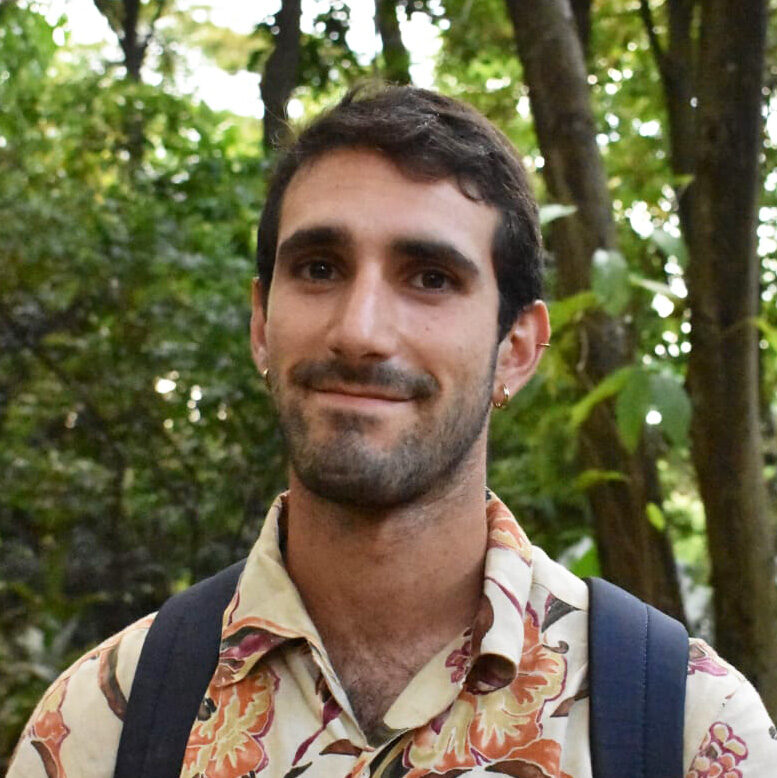Daniel Sax

Daniel Sax
PhD Candidate
he/him
Daniel is a PhD Candidate in the Urban Natures Lab researching urban forestry and environmental justice. Topics of interest include urban green equity, future-making through urban stewardship, and qualitative methods.
Daniel joined the Urban Natures Lab in 2019 as a Master’s student investigating green gentrification in Vancouver and its impact on residents' engagement with urban agriculture and trends in large-scale redevelopment. His current research explores the power of grassroots stewardship movements to drive the future of urban greening. Applying a collaborative and multidisciplinary methodology, Daniel seeks to increase recognition for the various ways in which urban greening and stewardship takes place in cities, the range of actors involved, and the diverse epistemologies reflected in this work. Outside of research, Daniel enjoys living communally and playing ultimate frisbee.
